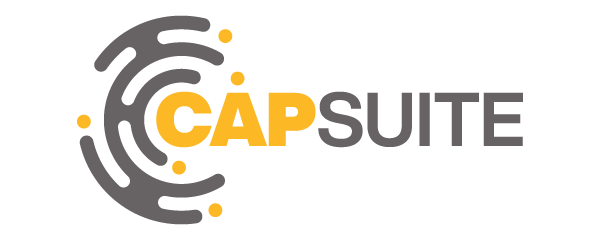How to Choose an ERP System for the Professional Services Industry?

1. Helping colleagues reduce repetitive tasks:
Whether in the healthcare industry or other professional sectors, repetitive steps are often involved, such as entering patient information, prescribing medications, calculating medication quantities, inventory management, etc. In the professional services industry, there is also a need to record time-based payroll activities. If your company relies solely on Excel for record-keeping, managing accounts receivable ageing schedules would require significant additional time. An appropriate ERP system should alleviate the burden of repetitive paperwork for your company and employees, saving considerable time.
2. Employee skills tracking:
In the professional services industry, each employee possesses unique skills and abilities. Therefore, a suitable ERP system should record the skills of each employee, specifying which tasks they can perform and any professional certifications required for specific job assignments. These records should be maintained within the ERP system. This enables colleagues from other departments to easily determine if the involvement of a specific employee in a particular task would impact project costs or financial statements.
3. Efficient job scheduling and progress tracking:
One key aspect of the professional services industry is effectively assigning tasks to different colleagues. Any confusion during task assignments can easily leave colleagues unsure of what to do. If an ERP system can efficiently allocate tasks to different team members and provide progress tracking, it will undoubtedly enhance the operational efficiency of the entire company.
Today, I have shared three key considerations when selecting an ERP system for the professional services industry. However, it is important to note that choosing a system that may be used for five or even ten years requires more than just these three points. For other considerations, it is advisable to consult an experienced expert. If needed, you can also schedule a detailed consultation with us, and we can provide you with information on the most suitable solutions for your needs.
TAGS
-
#

